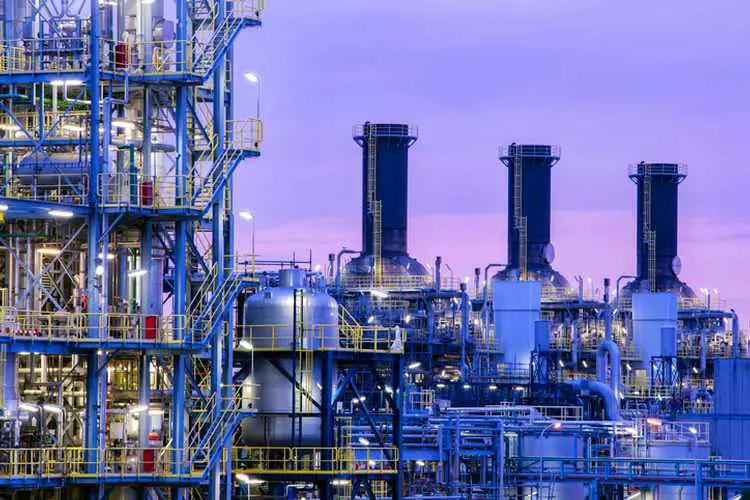Atlantic Petrochemical Refinery Plant construction has officially being launched in a ceremony attended by President Denis Sassou Nguesso and represented as a pivotal moment for the nation’s hydrocarbon sector that seeks to increase domestic refining capacity and offset chronic fuel shortages.
At a cost of US$ 600m, the facility will be built in two phases on a 240 hectares piece of land in Congo near the port city of Pointe-Noire. The first phase incorporates the engineering and procurement stage, as well as the construction, commissioning, and start-up of core refining units that have a minimum capacity of 65,000 barrels per day (BPD). This phase focuses on fulfilling the domestic demand and it is designed to run fully on Djeno light crudes.
Also Read: Essor A2E solar project in Democratic Republic of Congo at finance stage
Commencing in the fourth quarter of next year, Phase 2 incorporates additional units for full conversion ability, in which the refinery aims to maximize unit capacity and operate at 110,000 BPD. Additional production will allow for regional export and the refinery will be designed to run heavily to medium grade crudes.
Closing the gap between refined oil products supply and demand
While Congo-Brazzaville is currently the fourth-largest oil producer in sub-Saharan Africa, it has only one refinery unit (Congolaise de raffinage) that has a capacity of one million tons per year, and that only processes about 60% of that capacity.
It is therefore not able to meet the demand for refined oil products in the Central African Country which is approximately 1.2 million tons per year.
With a nominal processing capacity of 2.5 million tons per year that could be increased if need be, the Atlantic Petrochemical Refinery plant will not only close the gap between the demand and supply of refined oil products in Congo but also diversify and consolidate the industrial fabric of the country which depends essentially on oil, its first source of export.

Leave a Reply